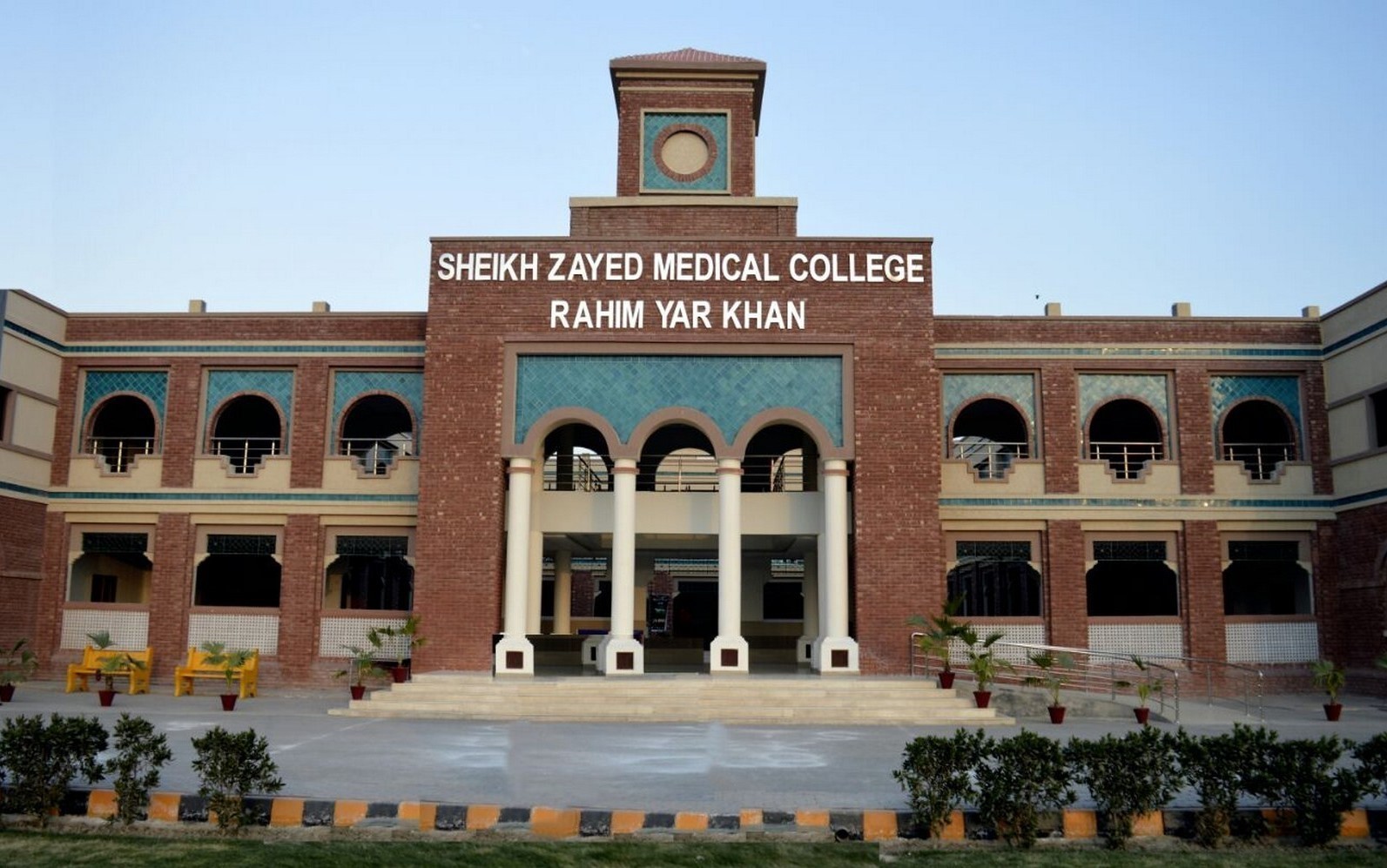Medical Colleges in Punjab to Implement New, Modular Curriculum From March 1
LAHORE MIRROR — The University of Health Sciences (UHS), taking a historic initiative, has revised the more than a decade-old MBBS curriculum. In the new curriculum, clinical training will be given to the students from their first day in the medical college. The new modular and integrated curriculum will come into effect in medical colleges across Punjab from March 01.
The new modular curriculum was approved on Friday in a joint meeting of the UHS Academic Council and the Board of Studies Medicine that was presided over by Vice Chancellor Professor Dr. Ahsan Waheed Rathore. Heads and senior faculty of affiliated medical colleges participated in the meeting. Besides, UHS Registrar Professor Nadia Naseem and Controller of Examinations Professor Saqib Mehmood were also present on the occasion.
The new curriculum consists of 44 modules. Medical students will be taught 5500 hours during the five years programme. Additionally, 500 hours are reserved for self-directed study. In assessments, 80 pc weightage will be given to the university professional exams and 20 pc to the internal evaluation of performance by the respective colleges. Professionalism, ethics, research, leadership, and information technology are prominent features of the new curriculum. The disciplines of Family Medicine, Public Health, and Minimum Service Delivery Standards (MSDS) set by the Punjab Healthcare Commission have been incorporated in the new syllabus.
UHS Director Medical Education Dr. Khalid Rahim gave a briefing to the members on the preparation of the new curriculum. Professor Ahsan Waheed Rathore said that the faculty of the colleges would be trained to teach the new syllabus and for this purpose, workshops would be organized for the faculty at 12 centers from February 27. He added that the main objective of the new curriculum is to produce world-class “Seven Star Doctors”.
UHS VC said that the university remained committed to keeping pace with the global trends in medical education. “Our undergraduate modular integrated curriculum ensures knowledge gain with relevance to its clinical application. The new curriculum safeguards early clinical exposure with broad-based skill acquisition. It promises a yield of doctors who will be equipped with competencies to cope with professional challenges locally and globally”, he emphasized.
On this occasion, the members of both statutory bodies congratulated the varsity on taking the long-awaited initiative. Professor Rathore thanked the principals and said that there would be difficulties in the implementation of the modular and integrated curriculum; however, all the colleges would be taken along.
In the meeting, it was also approved to do away with the condition of evaluation of the theses by a foreign examiner in MPhil and other master’s degree programmes including MS, MD, and MDS. It was decided to adopt the policy of the Higher Education Commission (HEC) for the Ph.D. thesis evaluation.
In this regard, the members were informed that the university regulations prescribed the requirement of evaluation of research theses for foreign evaluators, in addition to the local examiners. However, HEC rules and regulations did not impose such condition for a master’s degree.
It was told that the prescription, intended for the improvement of the quality of research, had resulted in certain problems, including the identification of foreign evaluators especially in clinical research disciplines, availability of researchers from the developed world for the evaluation of master’s theses, delays in thesis evaluation process and transfer of remuneration of foreign evaluators in light of recent stringent regulatory restrictions.
In addition to the delay, evaluation from foreign examiners put a major financial burden on UHS as 200 US$ was being paid for the evaluation of each master’s degree thesis. Hence, it was proposed to amend regulations to the extent of waiving off the requirement of thesis evaluation by foreign evaluators in MPhil and other master’s degree programmes.
It was also agreed upon by the members that the university should offer postgraduate programmes in medical disciplines only. Professor Rathore said that no programmes in the non-medical field would be offered from the current academic session and the basic qualification for admission to the university postgraduate courses would be MBBS or BDS.
Additionally, all those BS programmes that had no career prospects for the students would also be abolished. The meeting also approved the re-centralization of practical examinations in MBBS and BDS. UHS VC informed that many reforms had been made in the examination system and the senior faculty was given the responsibility of monitoring the exams. He directed that principals of colleges to visit centers during examinations.

